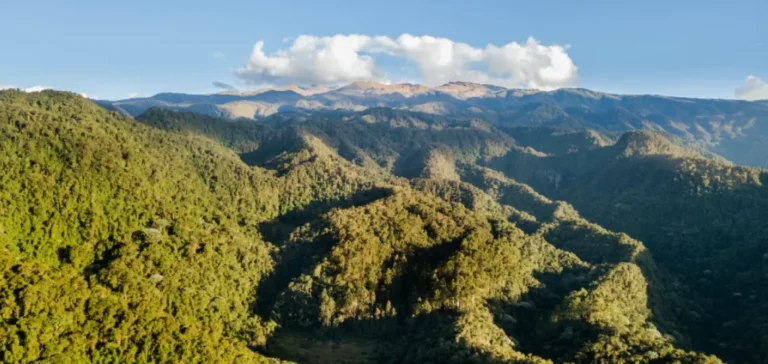The Colombian carbon market is facing a sharp price decline caused by an unprecedented accumulation of credits, primarily from projects focused on Reducing Emissions from Deforestation and Forest Degradation (REDD+). According to the industry association Asocarbono, the country has a surplus exceeding 60 million carbon credits, creating a market scenario where buyers now dictate financial terms. This surplus of unsold credits particularly affects economic stakeholders, as well as rural communities heavily dependent on these revenues for their development.
Immediate Economic Impact on Local Communities
Current market challenges directly affect the finances of rural communities involved in carbon projects. Certain initiatives, involving several dozen communities and spanning hundreds of thousands of hectares, currently have millions of unsold credits in their inventories. The absence of commercial outlets endangers the funding of local projects, threatening their short-term economic viability. Some communities might even consider reverting to alternative economic activities—potentially harmful ones such as illicit coca cultivation or deforestation—to generate immediate income.
Fiscal Reform and Regulatory Tensions
The recent fiscal reform adopted by the Colombian government now limits the use of domestic carbon credits to offset tax obligations of local companies to 50%, whereas previously companies could fully offset their carbon taxes using these credits. This regulatory shift has directly reduced demand for carbon credits, exacerbating the price decline. Additionally, delays in implementing an official Emissions Trading System (ETS) have created regulatory uncertainty and hampered investments in the sector.
Governance Issues and Community Consent
Several REDD+ projects have faced criticism for not adhering to the principle of Free, Prior and Informed Consent (FPIC) with affected indigenous communities. Certain communities have reported discovering the existence of projects belatedly or not fully understanding the terms under which credits linked to their territories were sold. This situation raises concerns about governance and transparency within carbon offset projects, diminishing overall trust in these mechanisms.
Concerns Regarding Transparency of the Voluntary Market
Recent international reports have flagged potential risks concerning financial transparency and the integrity of certain carbon projects in Colombia, particularly in the Amazon region. These findings have led sector stakeholders to demand stricter regulations and improved traceability of financial flows. Investor confidence is now closely tied to Colombia’s capacity to address these concerns effectively.
Emergence of New Forms of Ecological Valuation
Faced with these uncertainties, new financial mechanisms are emerging, notably biodiversity credits. These allow financial valuation of specific environmental services independent from traditional carbon credits. Several Colombian stakeholders are currently developing such mechanisms to diversify potential revenue streams for rural communities and thereby reduce their reliance on the traditional carbon market.
These developments raise new questions for economic and financial actors involved in Colombia. Market stabilization now appears dependent on the country’s ability to establish a clear and transparent regulatory framework that meets both economic needs and international investor expectations.






















